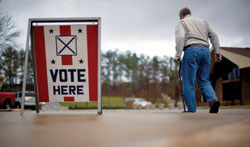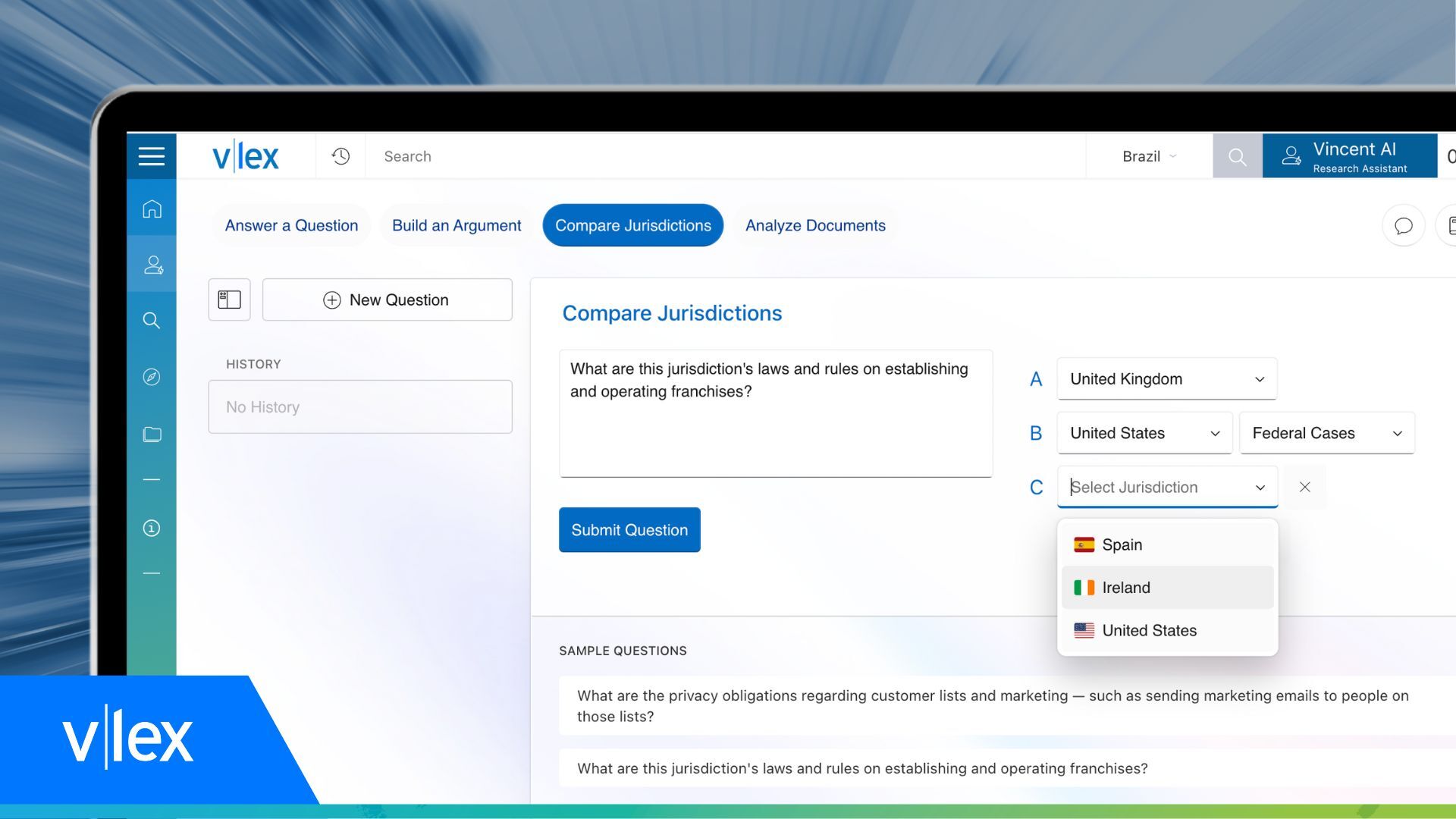ABA urges Congress to restore remedies in the Voting Rights Act in wake of Supreme Court ruling

AP Photo/David Goldman
The ABA’s policymaking House of Delegates adopted a resolution (DOC) in August urging Congress “to act expeditiously to preserve and protect voting rights” by restoring a key legislative remedy against racially discriminatory voting laws that was rendered essentially inoperative by a decision issued earlier in the summer by the U.S. Supreme Court.
The court ruled 5-4 in Shelby County v. Holder (PDF) that Section 4 of the Voting Rights Act of 1965 was unconstitutional. Section 4 set forth a formula for identifying jurisdictions with a history of restricting voting rights, and those jurisdictions—all or part of 16 states, mostly in the South—were required under Section 5 of the act to submit any proposed changes in their voting procedures for preclearance by the U.S. Department of Justice or a three-judge panel of the U.S. District Court for the District of Columbia. When the Supreme Court struck down Section 4, it “effectively eviscerated” Section 5 as well, stated a report supporting the resolution in the House of Delegates.
Shelby County in Alabama, one of the jurisdictions subject to Section 4 of the Voting Rights Act, brought suit against the federal government in 2010 after the Justice Department objected to proposed changes in county voting procedures. The U.S. Court of Appeals for the District of Columbia Circuit upheld the Justice Department’s action, but that decision was reversed by the Supreme Court, which also struck down a 25-year extension of Section 4 that was part of the 2006 reauthorization of the act approved in a bipartisan vote by Congress in 2006.
In his majority opinion, Chief Justice John G. Roberts Jr. wrote that the coverage formula in Section 4 of the act, while rational 50 years ago, is based on “decades-old data and eradicated practices.” Nevertheless, he said, “no one doubts” that voting discrimination still exists, and he called on Congress to update the coverage formula.
IF IT WORKS, KEEP IT
In a dissenting opinion, Justice Ruth Bader Ginsburg emphasized that the act has worked to combat voting discrimination where other remedies had been tried and failed. The court’s ruling, she said, terminates the remedy that proved to be best-suited to block such discrimination. “Throwing out preclearance when it has worked and is continuing to work to stop discriminatory changes is like throwing away your umbrella in a rainstorm because you are not getting wet,” she wrote.
The ABA, a longtime proponent of the Voting Rights Act, had urged the court in an amicus brief to uphold the 2006 reauthorization and the preclearance provisions. The ABA maintained that, although litigation may be brought under Section 2 of the act against jurisdictions that change voting procedures, doing so is complex and costly. “During the several years it regularly takes to litigate a Section 2 case, officials who were elected under an improper election regime continue to hold office, implement policies and make a wide variety of decisions that remain in effect, often long after the election process that brought them to power is found to be discriminatory,” stated the ABA in its brief.
The policy adopted by the House of Delegates in August recommends that Congress enact a new Section 4 coverage formula or strengthen the litigation remedy available under Section 2 or both. The policy also urges Congress to expand a “bail-in” provision under Section 3 of the act, under which jurisdictions outside the Section 4 coverage formula may become subject to preclearance under a federal court order if they violate voting rights.
Both the House and Senate Judiciary committees held hearings on the issue in July, and members of Congress are weighing the options of focusing legislation only on a new coverage formula or using the opportunity to also address other parts of the law.
This article originally appeared in the November 2013 issue of the ABA Journal with this headline: “Repair Job: ABA urges Congress to restore remedies in the Voting Rights Act to offset impact of Supreme Court ruling.”
This report is written by the ABA Governmental Affairs Office and discusses advocacy efforts by the ABA relating to issues being addressed by Congress and the executive branch of the federal government. Rhonda McMillion is editor of ABA Washington Letter, a Governmental Affairs Office publication.



